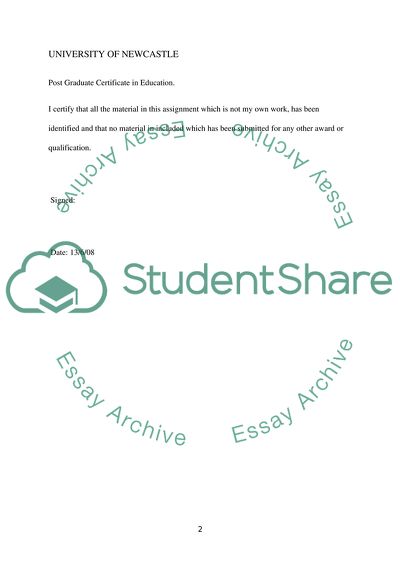Education Then and Education Now Coursework Example | Topics and Well Written Essays - 4250 words. https://studentshare.org/education/1714605-what-makes-a-good-teacher-and-a-good-education-in-britain
Education Then and Education Now Coursework Example | Topics and Well Written Essays - 4250 Words. https://studentshare.org/education/1714605-what-makes-a-good-teacher-and-a-good-education-in-britain.


